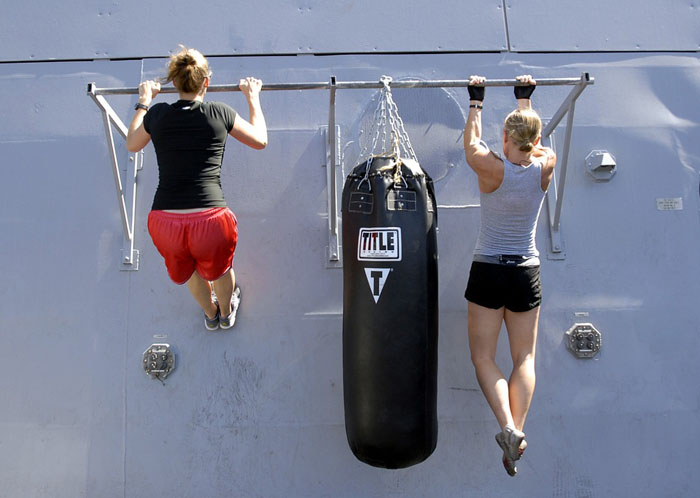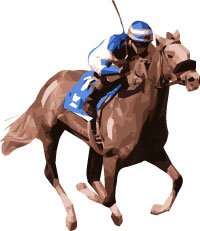A sports psychologist consults with athletes to achieve their optimum mental health and well being, ultimately to improve their sporting performance. Several key aspects of the mental state contribute to an athlete's ability to perform at their best. Cultivating these mental aspects through training, visualization techniques, mindfulness, and working with sports psychologists can significantly enhance an athlete's performance on the field.
 pull up strength
pull up strengthWhat aspects of the athlete's mental state play a role in successful sports performance?
Firstly, focus and concentration are paramount. The ability to maintain unwavering focus on the task at hand, despite external distractions, allows athletes to execute their skills with precision and make split-second decisions. Additionally, confidence and self-belief are vital. Athletes who possess a strong belief in their abilities are more likely to take risks, overcome setbacks, and perform at their peak. Mental resilience and the ability to handle pressure are also crucial. Sports often involve high-pressure situations, and athletes who can stay calm, composed, and mentally tough tend to excel. Furthermore, motivation and goal-setting provide a sense of purpose and drive, helping athletes stay committed and work towards continuous improvement. Finally, managing stress and anxiety is essential. Being able to regulate emotions and maintain a positive mindset in the face of challenges contributes to optimal performance.
See this discussion on the Psychological factors of success in sports.
Performance Psychology Articles
There are many aspects of sports psychology, and using psychological techniques to maximize performance is just one of them. Here are a few articles on this topic.
- Visualization & Athletic Performance — aiding athletic performance by creating vivid and detailed mental images of specific sports-related scenarios, actions, or performances.
- 5 Ways Sports Psychology Can Improve Athlete Performance
- How Can Sports Psychology Help Athletes? Are you performing up to your capability?
- Sports Psychology and Performance Enhancement — about helping athletes break through the mental barriers that are keeping them from performing up to their peak potential.
- Effect of Crowd Noise on Sports Teams — How Much of an Effect Does Crowd Noise Really Have on Sports Teams?
Related Pages
- Home of sport psychology
- More on the Psychological factors of success in sports
- motivation quotes


 Current Events
Current Events